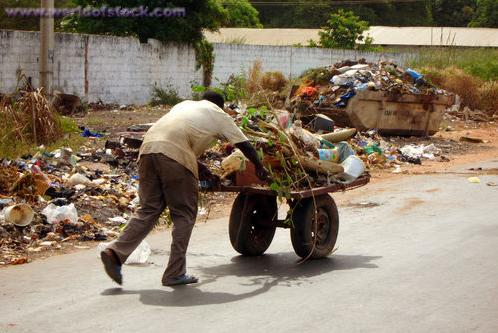Yesterday, Tuesday, 30/10/06, Israel held Cleanup Day, during which thousands of students went to the beaches and nature reserves to collect the trash left after the holidays. Originally, the operation was supposed to be held together with the whole world about a month and a half ago, but it was postponed due to the war.

There are no "beach services" on the beach or in the parking lots, no kiosks, nothing. There are also no inspectors and of course there are no trash cans, yet the beaches are completely clean! Everyone who comes (and there are many) takes everything he brought with him to the car! When he arrives at his home, he can throw the trash in the designated place (while separating organic trash from materials that can be recycled). Tha and Tiberias are not Toronto and most of the beach visitors are not Canadian, does this justify the amount of trash they leave on the beaches? Eilat has a twin city alliance with Toronto, so it is expected that some of the above will "stick" to the residents and visitors of Eilat who spend time on its beaches...
We would expect citizens who "love the country" to know how to behave outside the walls of their homes as if the open spaces are also their home and not her, perhaps part of the explanation / reason lies in the fact that was recently published: our citizens can be considered record holders in the generation of garbage.
So those who produce so much trash may not have enough space to put it and therefore have to spread it outdoors and on the beaches.
After weeks of cleaning "operations" under different titles and names, a simple fact became clear: places where cleanings were carried out remained clean... right up until the moment they arrived - "travelers" / polluters / partygoers / campers / etc., when they left, the places / beaches were dirty .
So what is the solution? Here is an example. Zimbabwe is a "third world country" (in southern Africa), the government there is not considered the most advanced, but the authorities are trying, Harare, the capital city, cannot be considered the most clean. To correct the situation and to educate the citizens to a "culture of cleanliness".
To enforce and apply existing regulations, this by a binding directive to the police - yes to the police, not to municipal inspectors, not to the "green patrol" - but to the police, a directive that obliges to enforce the cleaning regulations. In an idea for the press, the Minister of Tourism and the Environment announced that "anyone who is caught throwing garbage in the public domain / public / open areas, will be arrested immediately, escorted (respectfully) to the local police station, will be released only after the details are clear and a fine of $250 is paid".
Since, in the minister's opinion, the goal is important, the police will be joined by special teams of a "task force" established especially to eradicate the dirt. According to the minister, the intention is to shame the polluters by arresting them and thus "educating you". So maybe it's time to enforce (existing) regulations here as well?
Dr. Assaf Rosenthal
Tour guide/leader in Africa and South America
0505640309 / 077-6172298 for details Tel.
Email assaf@eilatcity.co.il
A compilation of Dr. Assaf Rosenthal's articles on the Hidan site
